Nearly two years since the outbreak of military conflict in Ukraine, the Bulgarian government has launched a major inspection of the Russian-owned Neftohim oil refinery in Burgas, a Black Sea city.
Sofia's decision to crack down on the plant's owner, Lukoil, could increase domestic unrest, given the size of the Russian oil giant's network in Bulgaria: it includes more than 220 gas stations, nine oil depots and various businesses focused on refueling ships and aircraft.
Goodbye Russian oil “indefinitely”
According to Bulgarian Customs, the inspection campaign was conducted on January 1 targeting the Neftohim refinery and more than 50 warehouses related to the oil industry to take inventory of the amount of crude oil imported into the Southeast European country from Russia and all petroleum products produced from this raw material.
Bulgaria is the only EU member exempted from the ban on Russian crude oil arriving by sea due to Sofia's heavy dependence on Moscow for energy. The Southeast European country, along with China, India and Türkiye, is among the top four destinations for Russian oil exports.
Even many of Bulgaria’s most “pro-European” politicians – such as former Prime Minister Kiril Petkov – initially supported the exemption, arguing that the Lukoil refinery had sold refined fuel to Ukraine to support Kiev’s war effort against Russian President Vladimir Putin’s forces. Bulgaria is a major supplier of diesel to Ukraine, sometimes meeting as much as 40% of Kiev’s needs for the fuel.
But there is broad political agreement in Sofia to end the exemption. Last December, Bulgarian lawmakers agreed to end the exemption earlier than originally scheduled, meaning all imports of Russian crude will be suspended indefinitely from March instead of October.
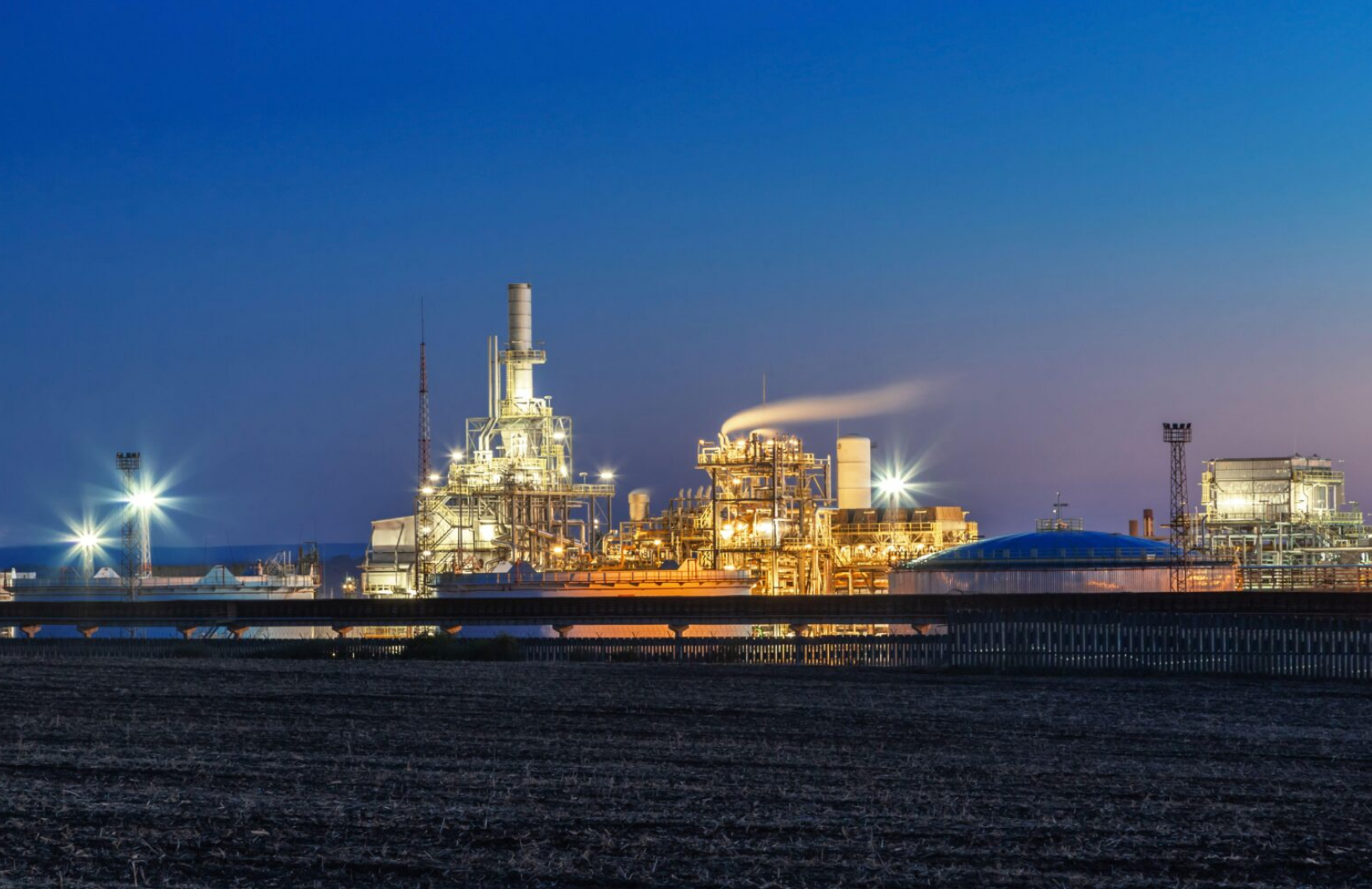
Neftohim Burgas is Bulgaria's largest oil refinery - it has also become one of Russia's largest global oil customers. Photo: CREA
Lukoil's Neftohim refinery was then ordered to stop exporting any oil products produced from January 1, 2024. This would entail the facility completely stopping using Russian oil in its refining processes starting from March 1.
For its part, Lukoil may have sensed danger to its business in the EU member state. Responding to the Bulgarian parliament ’s decision in December, the Russian energy giant accused Sofia authorities of “discriminatory legislation and other unfair, biased political decisions against the refinery.”
Lukoil said it would start working with international consultants to review its business strategy in Bulgaria, including the possible sale of assets in the country. Lukoil's vast assets include more than 220 gas stations, nine oil terminals and various businesses focused on refueling ships and aircraft.
That prospect has attracted the interest of some international energy investors. On December 25 last year, Azerbaijan’s ambassador to Bulgaria said his country might be interested in buying the Neftohim refinery.
Behind the "raid"
Returning to the Bulgarian government’s surprise inspection of Neftohim on January 1, a move that Russia called a “raid,” Sofia’s reason for doing so may have been because it was interested in ensuring that Lukoil had no opportunity to negatively impact the facility’s operational capacity before it was sold.
The customs inspection comes almost exactly a year after Bulgarian lawmakers enacted a decree that the Neftohim refinery could be placed under the direct control of the Bulgarian government in the event of a “threat to national security or the supply of vital resources.” Germany did exactly that in 2022, taking control of several Russian-owned refineries on its territory.
While Sofia is not necessarily preparing to take over the Neftohim refinery, the inventory checks could be part of a broader energy security precaution to ensure the facility remains operational from Lukoil's exit until whoever acquires it begins operations.
This is a strategically important imperative for Sofia. Neftohim supplies about 80% of Bulgaria's diesel and gasoline, and the Russian company's operations account for a tenth of the country's GDP.
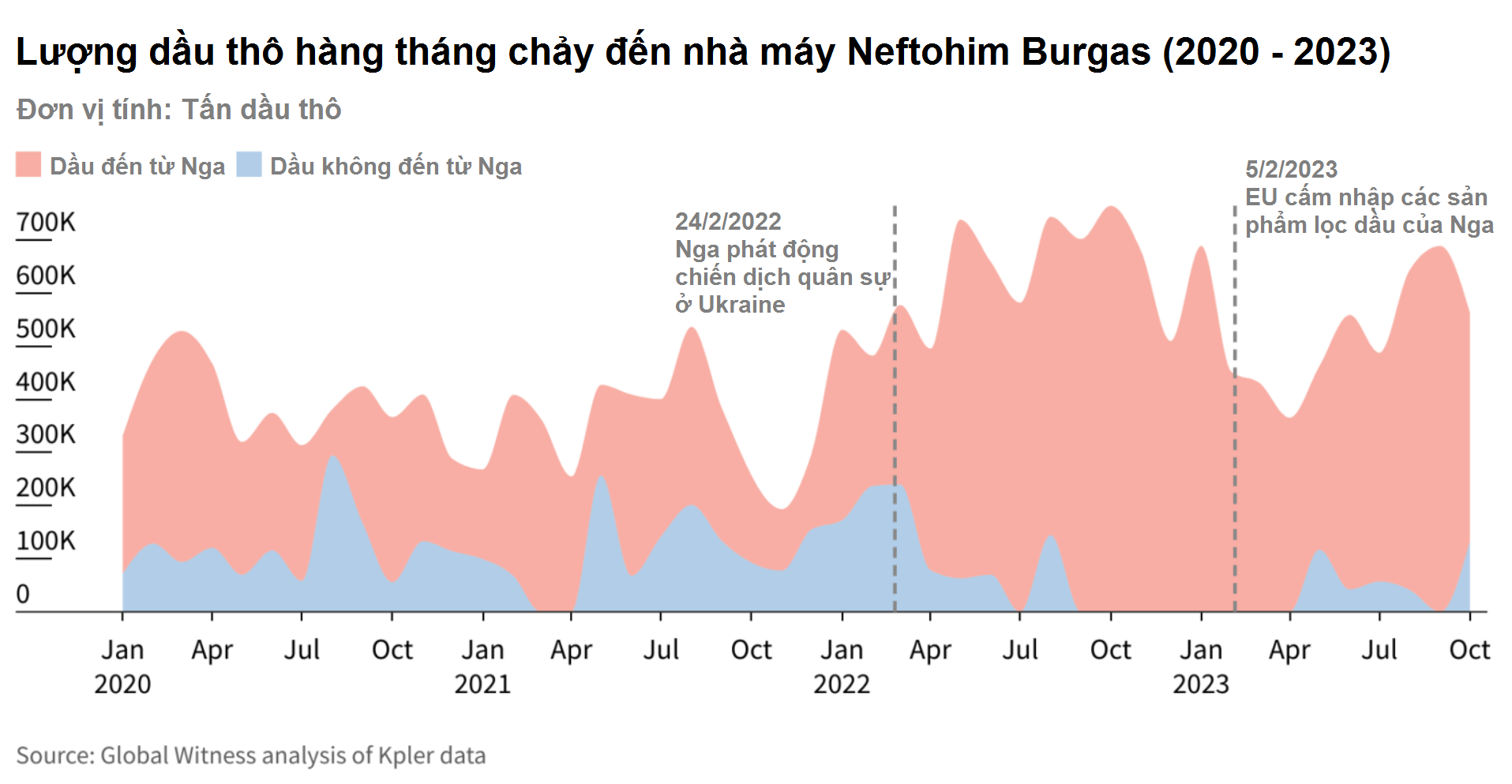
Monthly crude oil flows to Neftohim Burgas plant (2020 - 2023). Graphic: CREA
Bulgaria was also completely dependent on Russia for its natural gas needs before 2022. Sofia’s refusal to pay for its products in rubles prompted Moscow to suspend exports to Bulgaria.
Energy has proven to be a key element of Russia’s geopolitical strategy towards the EU. While the war in Ukraine has facilitated deeper integration among member states in some ways, it has also exposed weaknesses in others.
Brussels and Berlin’s commitment to an “anti-Russian” stance often comes at the expense of domestic national interests. While many Europeans are willing to risk higher energy prices to support Ukraine, Bulgaria’s relatively “pro-Russian” public sets it apart from most other EU countries.
Since the start of the Russia-Ukraine conflict, Bulgaria has tried to balance the EU’s hostile stance towards Russia and its energy needs in its policies. But the former seems to be taking precedence. The clear expectation is that EU leaders will support Sofia’s transition away from its dependence on Russia for energy.
As Bulgaria finds itself caught in a geopolitical tussle, it has sought to reduce its dependence on Russian oil and natural gas to secure its position while facilitating closer integration into the EU.
However, it remains to be seen whether this strategy can be maintained indefinitely without significant public opposition. Frustration over economic and political relations with Brussels adds to the already tense political landscape in the southeastern European country .
Minh Duc (According to National Interest, Bloomberg)
Source



![[Photo] General Secretary To Lam receives Chief of the Central Office of the Lao People's Revolutionary Party](https://vphoto.vietnam.vn/thumb/1200x675/vietnam/resource/IMAGE/2025/5/30/140435f4b39d4599a3d17975dfb444c5)
![[Photo] National Conference "100 years of Vietnamese Revolutionary Press accompanying the glorious cause of the Party and the nation"](https://vphoto.vietnam.vn/thumb/1200x675/vietnam/resource/IMAGE/2025/5/30/1cf6cd5c8a934ebfa347028dcb08358c)

![[Photo] A delegation of 100 journalists from the Vietnam Journalists Association visits the soldiers and people of Truong Sa island district.](https://vphoto.vietnam.vn/thumb/1200x675/vietnam/resource/IMAGE/2025/5/30/0984a986227d4e988177f560d2e1563e)
![[Photo] Journalists moved to tears at the Memorial Service for the soldiers who died in Gac Ma](https://vphoto.vietnam.vn/thumb/1200x675/vietnam/resource/IMAGE/2025/5/30/9454613a55c54c16bf8c0efa51883456)









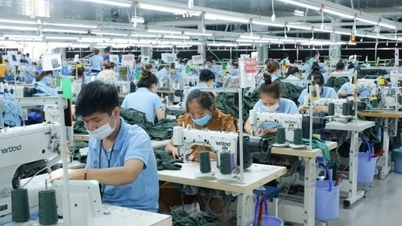
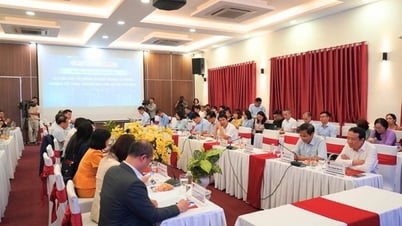

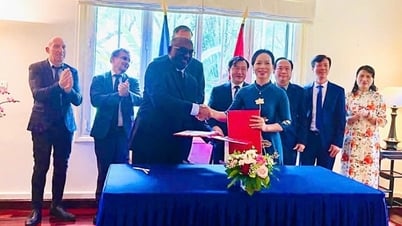

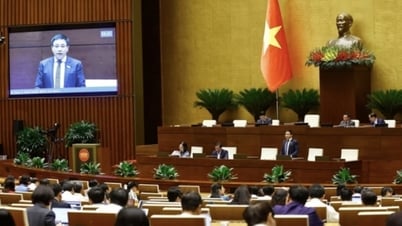

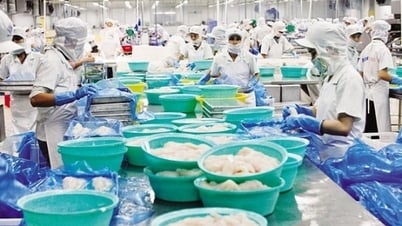





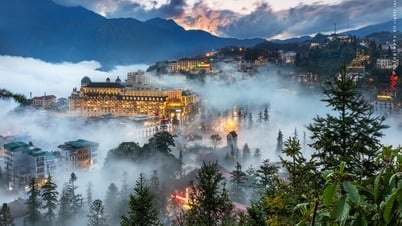

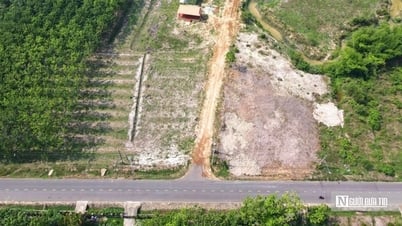





































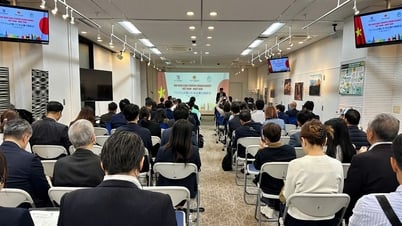



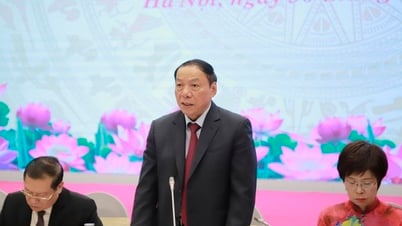























Comment (0)